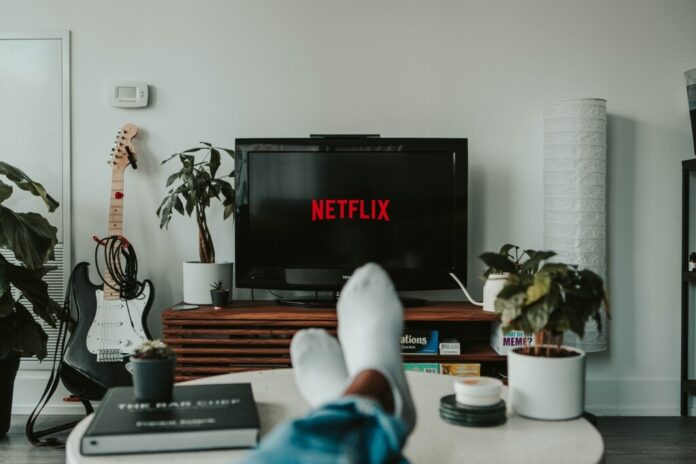Around two weeks ago, I semi-re-watched the film In the Mood For Love by legendary Hong Kong filmmaker Wong Kai-war. I started watching the movie a few months ago, sometime in September. Still, I only got halfway through the film before stopping and never really got back to finishing it. I eventually gave up on finishing it and decided it would be best to watch the movie over again.
I remember being quite confused with the movie the first time I watched it. I was already accustomed to Won Kai-war films, but this film felt frustrating to me. I remember times when I had to pause the movie to look up a character or go on Wikipedia to see what had happened. On my first viewing of the film, I thought it was a solid 7/10 type of film, and I didn’t know it was his best film, as many critics believe.

Then, one Monday during a prolonged Senior Winter break, I finally got to watching In the Mood for Love and found it to be much better than my first watch. Knowing the plot and characters coming into it makesmakes the film much easier to follow. I found it to be a much more enjoyable viewing. New details emerge from the film, nuances that I didn’t catch before, and overall, the movie was a lot better than my initial watch. I remember coming out of the theater thinking it was a solid 9/10 and thinking the next time I watch the film; it could be a 10/10.
Why Should We Re-watch Movies?
The hard truth about opinions is that they are constantly changing. We, as humans, are continually growing and evolving daily, and our views are changing as well. A big part that goes into a love for a movie is the personal connection we can make with them. There is a certain relatability to film that we can harken back to our own life, our passions, our own experiences, and our background. And because we can connect to these films, they become something more than just films; they become something personal for us, something more special than just an art form. Thus, we bond with cinema like no other art form can.
With this philosophy, we shouldn’t watch films because we probably can’t make specific connections with the film’s themes. Not that the movie is too mature or something like that, but rather that we probably will not get it because we have yet to experience it. Take, for example, the Chloé Zhao 2020 film Nomadland. I doubt any high school can remotely relate to being in the later stage of your life and dealing with the idea that your life will soon be over. I probably didn’t get it when I watched it. Still, maybe sometime in the future, these themes of finding yourself in the early stages of your life will become more apparent and vital to me.

Being older, we can see the nuances in the film and the more significant themes that a younger self did not get. Seeing these nuances will create a connection, which creates personals to the film, as I mentioned. But the rewatch can also help us see the beauty in a movie.
2001 And Seeing Beauty
I remember hearing a famous film critic, whose name has now alluded to me, say this about 2001: A Space Odyssey:
” The first time I watched it, I hated it; the second time, I thought it was good; and the third time, I thought it was a masterpiece.”
2001: A Space Odyssey is a feel-it film. And sometimes we shouldn’t get drawn down by the whys or purpose but instead, enjoy the camera work and the beauty of the film and just experience it. Films like Stalker and Lessons of Darkness echo these ideas. People often, when watching these complex movies, which are evaluated to such grand acclaim, try to focus intensely on the dialogue in the plot and what is happening if those words have more significant meaning. They get disappointed when they don’t get what they think. But sometimes, we should try to nitpick every line and every frame of a film and watch it. This is where the rewatch can become such an eye-opening experience. Viewing films in a new light, in a new way, can dramatically alter the film’s outlook. Sometimes, just watching the film for its beauty or the fun of it can temper down the grandiose expectations of the film, and enjoy the movie for what it is.
.jpg?bwg=1547139642)
Conclusion
Rewatch movies, even the ones you hate, but also the ones you love. And if you still hate the films, we are all entitled to our own opinion, and they are doing wrong in the end. It’s okay to be wrong, and it’s okay to change opinions; even the great Roger Ebert had terrible opinions. Don’t be close-minded; open yourself up to change, grow, and look at media differently. And you may find your next favorite film.






